Foundations of Civilization Prehistory-300BC
History
animism
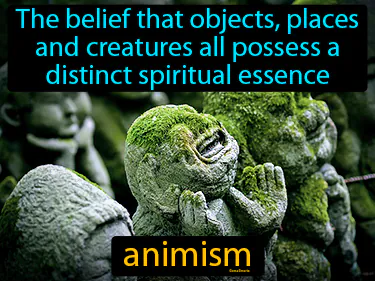
The belief that objects, places and creatures all possess a distinct spiritual essence. Animism. In history, animism is the idea that everything in nature has a spirit or soul.
anthropology
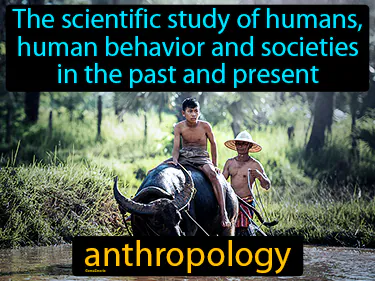
The scientific study of humans, human behavior and societies in the past and present. Anthropology. Anthropology is the study of how humans have lived and interacted throughout history.
archaeology
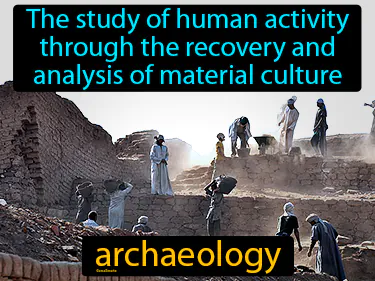
The study of human activity through the recovery and analysis of material culture. Archaeology. Archaeology helps us learn about past human societies by examining the objects they left behind.
artifact
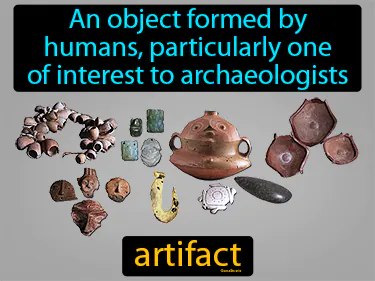
An object formed by humans, particularly one of interest to archaeologists. Artifact. In history, an artifact is a human-made object that provides insight into past cultures and societies.
artisan
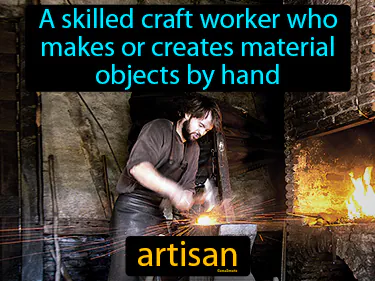
A skilled craft worker who makes or creates material objects by hand. Artisan. In history, artisans were important because they created the everyday tools and goods that supported societies and cultures.
Catalhuyuk
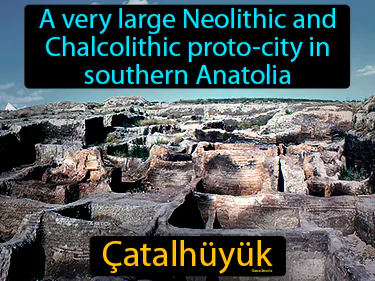
A very large Neolithic and Chalcolithic proto-city in southern Anatolia. Catalhuyuk. It is one of the world's earliest urban settlements, showcasing early human community living and culture.
city-state
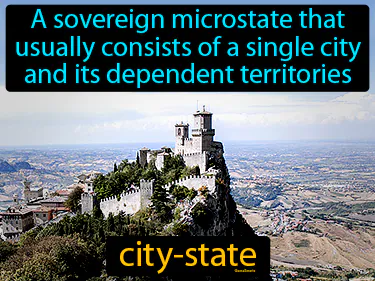
A sovereign microstate that usually consists of a single city and its dependent territories. City-state. In history, a city-state is an independent city that governs itself and the land around it, like ancient Athens or Sparta.
civilization
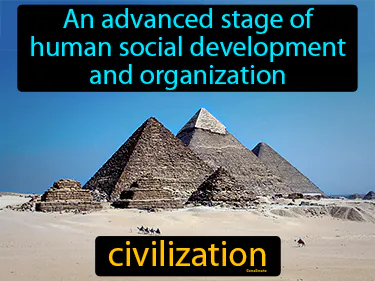
An advanced stage of human social development and organization. Civilization. In simple terms, civilization is when people live together in organized communities with laws, culture, and technology.
cultural diffusion
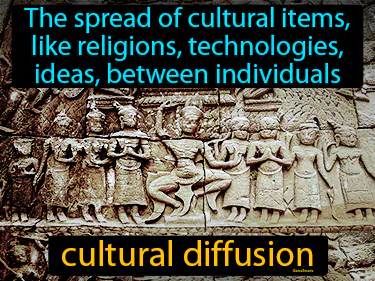
The spread of cultural items, like ideas, religions, technologies, between individuals. Cultural diffusion. In history, cultural diffusion is how different societies exchange and adopt new ideas and practices from each other.
culture
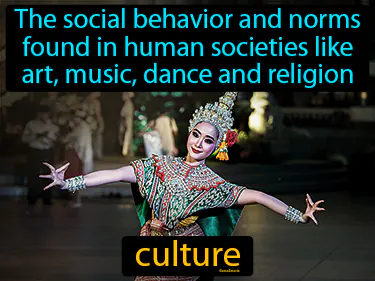
The social behavior and norms found in human societies like art, music, dance, and religion. Culture. Culture is the collection of beliefs, customs, and art developed by a group of people over time.
domestication
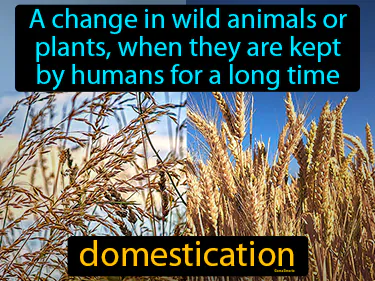
A change in wild animals or plants, when they are kept by humans for a long time. Domestication. Domestication is when humans tame and cultivate wild species for their own use, like farming and companionship.
Donald Johanson
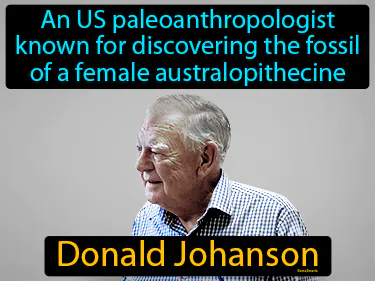
An US paleoanthropologist known for discovering the fossil of a female australopithecine, Donald Johanson. Donald Johanson is a renowned scientist who discovered "Lucy," an important fossil that helped us understand human evolution.
empire
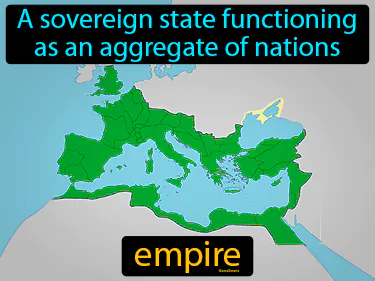
A sovereign state functioning as an aggregate of nations. Empire. An empire is a large political unit where one nation or leader controls several different territories or peoples.
historian
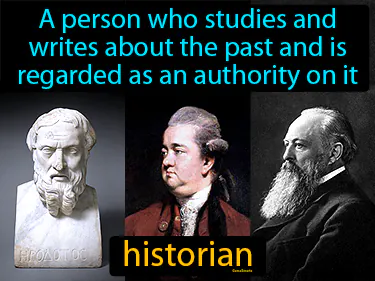
A person who studies and writes about the past and is regarded as an authority on it. historian. A historian is someone who explores and explains events from the past.
Jericho
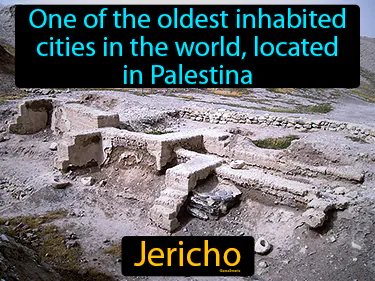
One of the oldest inhabited cities in the world, located in Palestina. Jericho is an ancient city with a long history of settlements, dating back thousands of years.
Louis Leakey
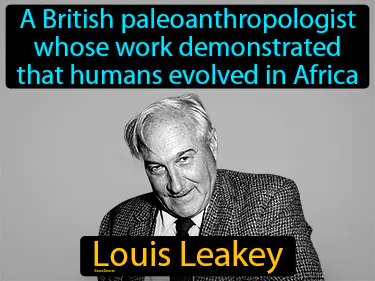
A British paleoanthropologist whose work demonstrated that humans evolved in Africa Louis Leakey. He was a key figure in understanding human evolution through his fossil discoveries in East Africa.
Mary Leakey
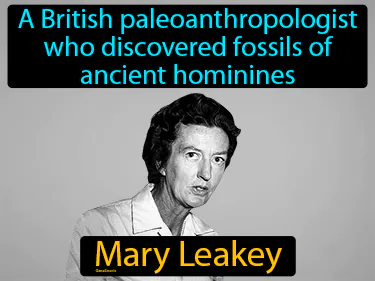
A British paleoanthropologist who discovered fossils of ancient hominines. Mary Leakey. She was a pioneering archaeologist who uncovered key evidence about early human evolution.
Neolithic Era
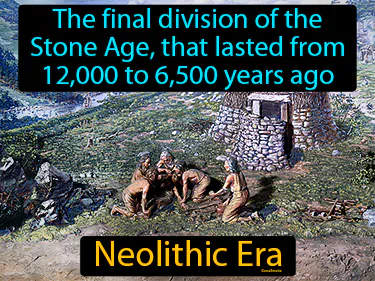
The final division of the Stone Age, that lasted from 12,000 to 6,500 years ago. Neolithic Era. The Neolithic Era was when humans transitioned from hunting and gathering to farming and building communities.
Neolithic Revolution
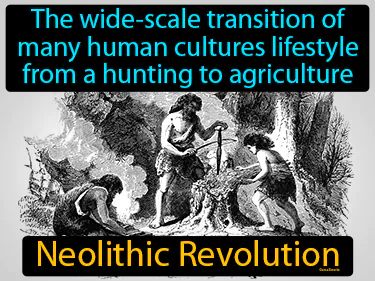
The wide-scale transition of many human cultures lifestyle from a hunting to agriculture. Neolithic Revolution. The Neolithic Revolution was when humans started farming and forming settled communities instead of hunting and gathering.
New Stone Age
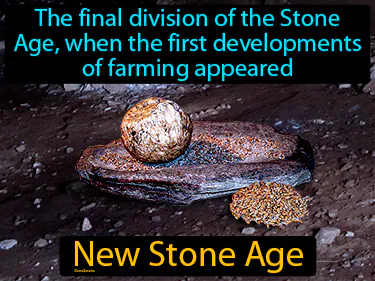
The final division of the Stone Age, when the first developments of farming appeared. New Stone Age. The New Stone Age, or Neolithic Era, marked the transition from hunting and gathering to farming and settling in permanent communities.
nomad
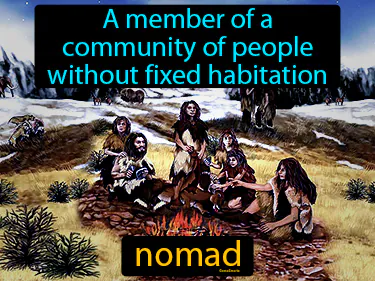
A member of a community of people without fixed habitation. Nomad. In history, nomads are people who move from place to place to find resources like food and water.
Old Stone Age
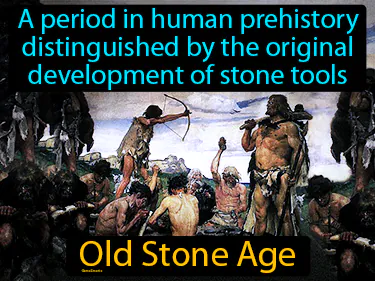
A period in human prehistory distinguished by the original development of stone tools. Old Stone Age. The Old Stone Age, or Paleolithic Era, is when early humans first made and used stone tools.
Olduvai Gorge
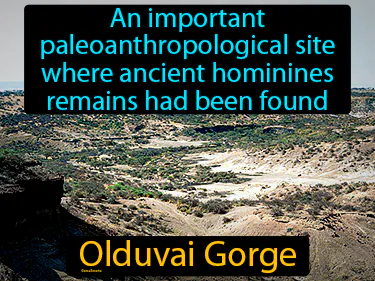
An important paleoanthropological site where ancient hominines remains had been found. Olduvai Gorge. It is a significant location in Tanzania where early human fossils and tools have been discovered.
Paleolithic Era
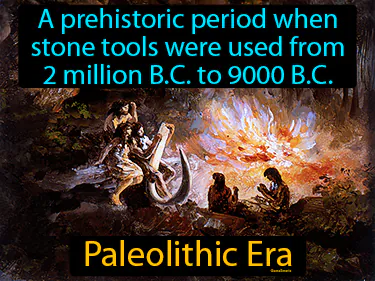
A prehistoric period when stone tools were used from 2 million B.C. to 9000 B.C., the Paleolithic Era. The Paleolithic Era was the time when early humans made and used simple stone tools for survival.
pictograph
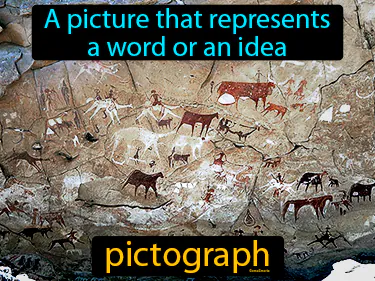
A picture that represents a word or an idea. Pictograph. In History, a pictograph is a simple drawing used by ancient cultures to communicate ideas or stories.
polytheism
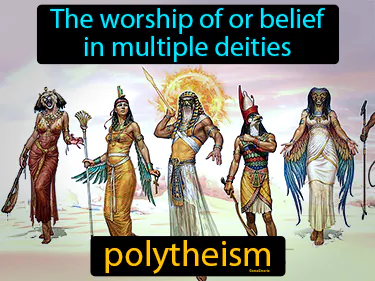
The worship of or belief in multiple deities. Polytheism is a religious belief system where people worship many gods and was common in ancient civilizations like Greece and Egypt.
prehistory
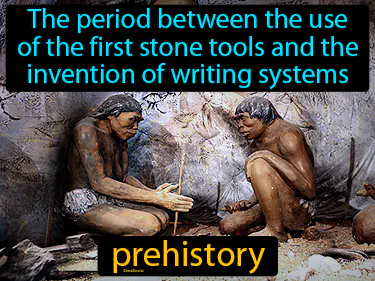
The period between the use of the first stone tools and the invention of writing systems. Prehistory is the time before written records existed.
scribe
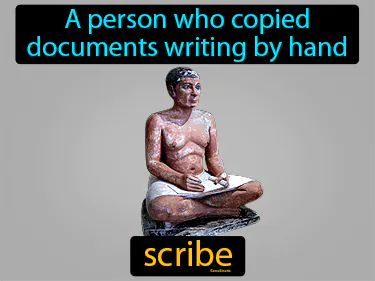
A person who copied documents writing by hand. scribe. In history, a scribe was someone who wrote down important information before printing was invented.
steppe
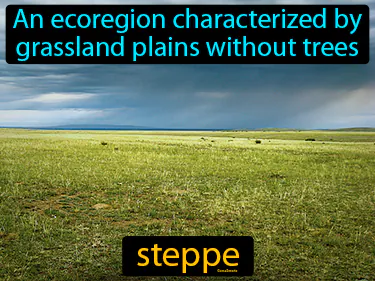
An ecoregion characterized by grassland plains without trees. Steppe. Throughout history, the steppe was home to nomadic cultures like the Mongols, who were skilled horsemen.
surplus
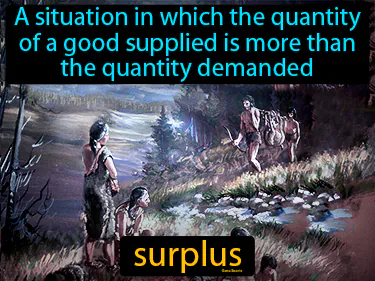
A situation in which the quantity of a good supplied is more than the quantity demanded. Surplus. In history, surplus allowed early civilizations to trade excess goods, leading to economic growth and development.
traditional economy
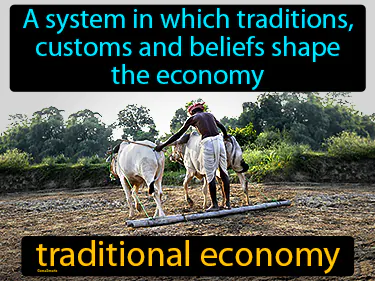
A system in which traditions, customs and beliefs shape the economy. Traditional economy. In history, a traditional economy is a system where people's work and role in society are determined by their customs, like farming or crafting passed down through generations.

